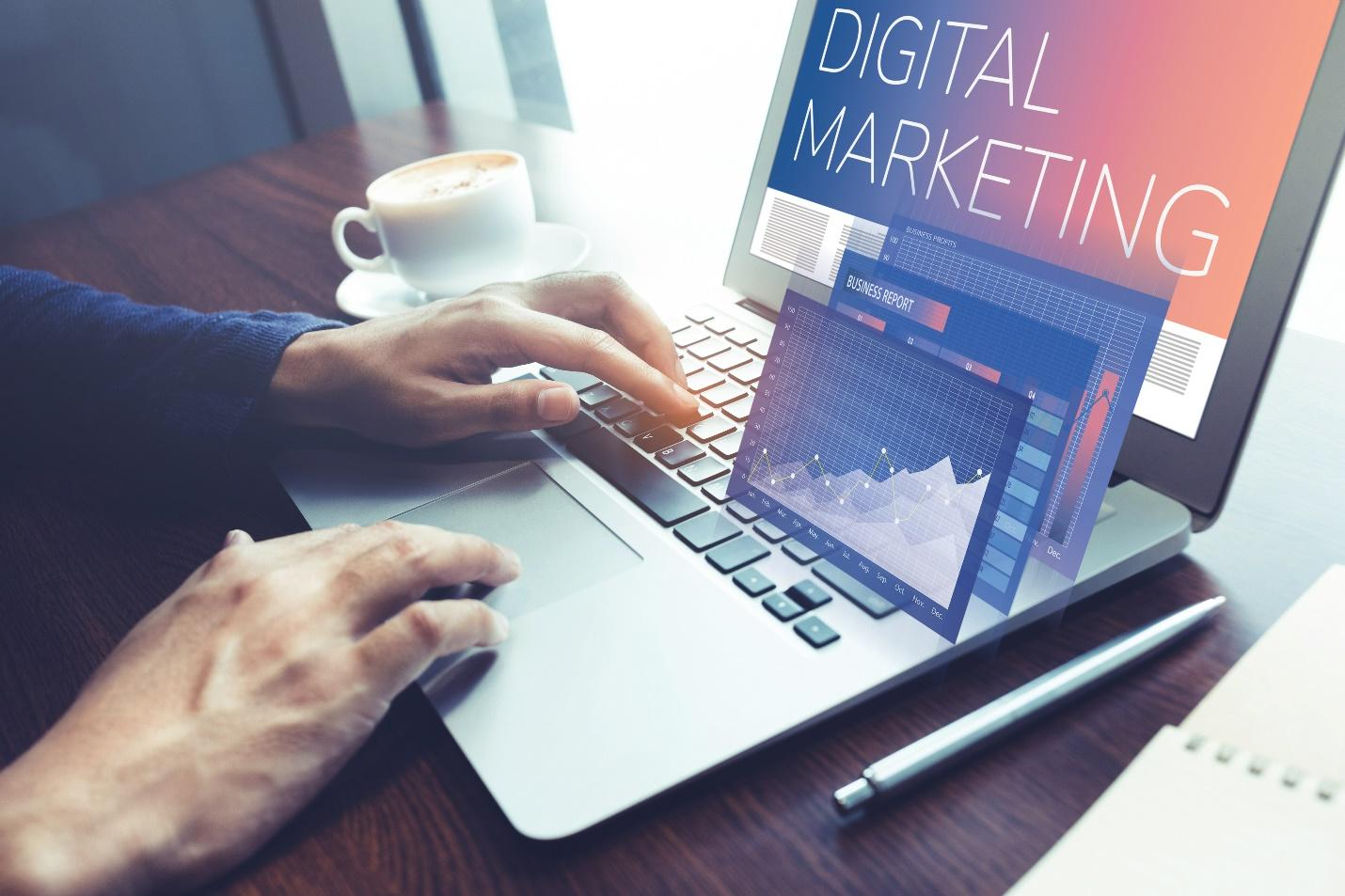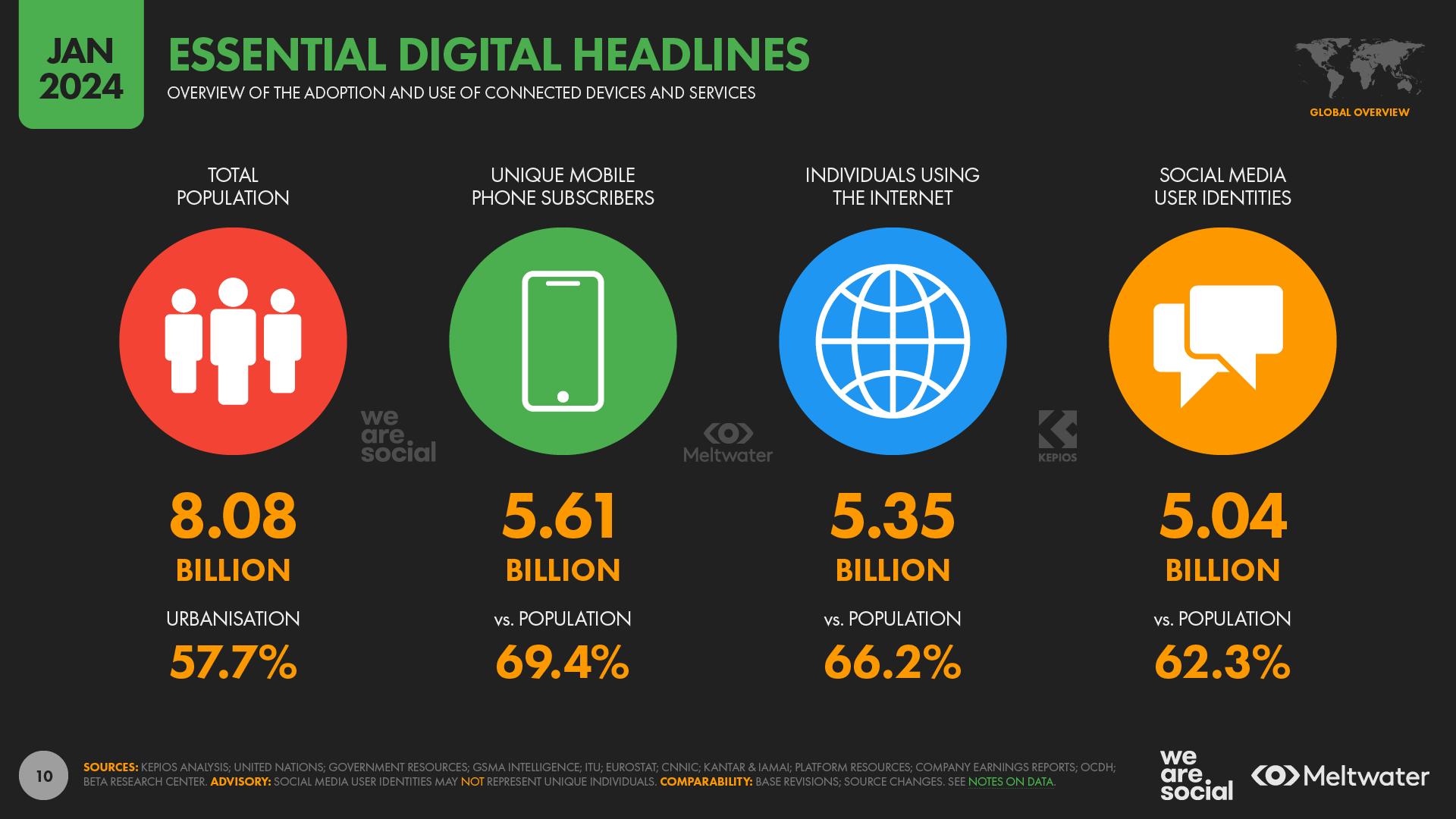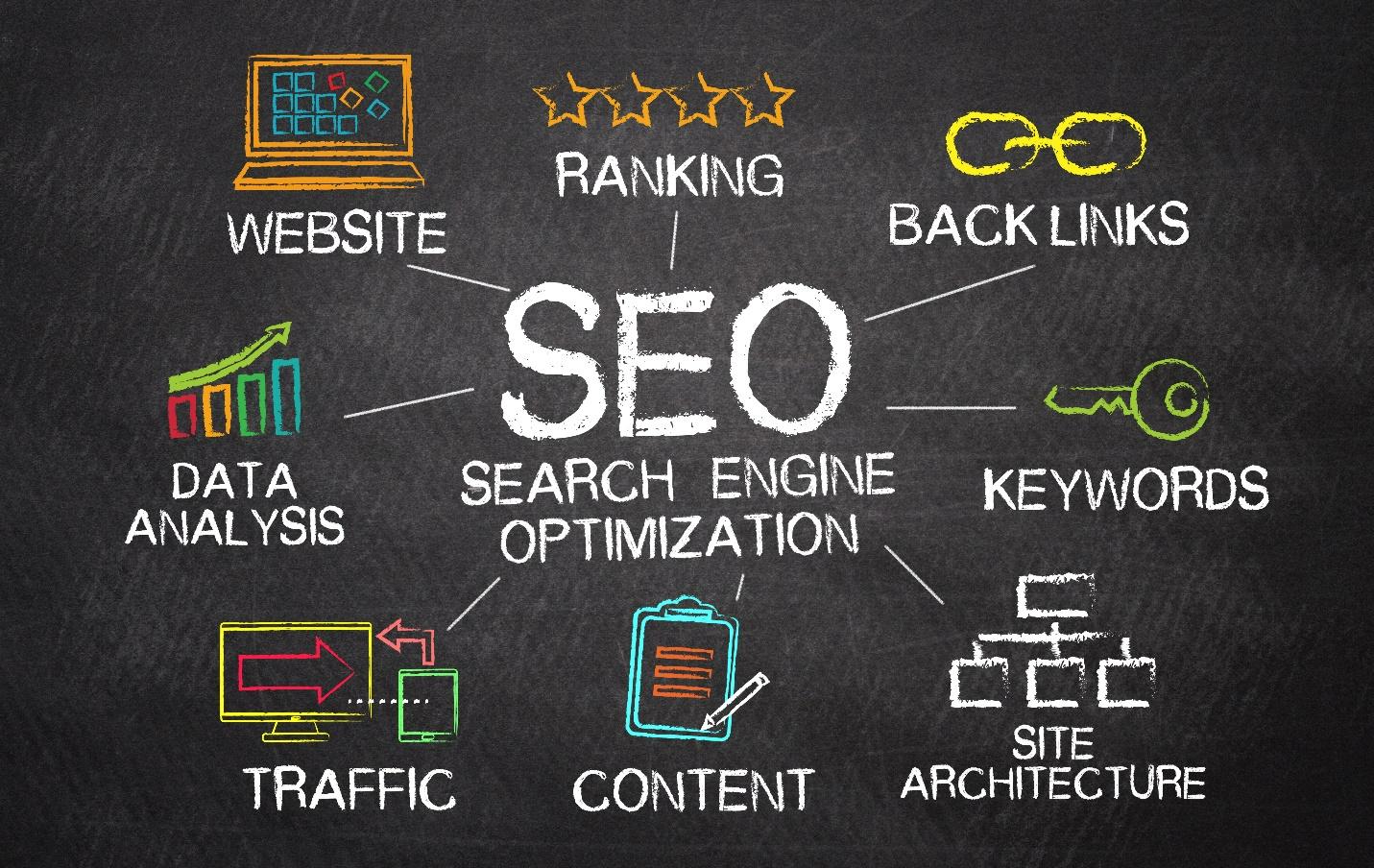Why Digital Marketing is Important for Small Businesses
-

Aaron Gray
- Blogs
-
 March 13 , 2024
March 13 , 2024
-
 6 min read
6 min read
ANSWER
With more people reliant on the Web than before, small business owners today can’t afford to miss an opportunity to be more visible. Digital marketing is a must, even for small businesses, due to its myriad of benefits.
Key Takeaways
- The benefits of digital marketing are numerous, from helping improve a business’s reach to attracting and converting quality leads.
- Digital marketing now holds substantial weight over a business’s success, owing to growing dependence on the Internet.
- Various types of digital marketing exist, but the most likely start for businesses is through search engine optimisation (SEO).
Every business starts small; no two ways about it. Facebook started in Mark Zuckerberg’s dorm while attending Harvard, and Amazon first operated out of Jeff Bezos’s garage. Now, not a single soul around the globe doesn’t know what these companies are, even if they don’t use their services. We can talk about their journey to business glory all day, but we won’t get down to brass tacks that way.
If I have to point out one thing that made them household names, they overcame the most common hurdle of starting a business: getting their first customers. They found a niche for their services, tailored them around it, and marketed them as solutions to people’s needs. They used every marketing method available and applicable to them, extending their reach severalfold. By the time their rivals arrived, they were already too entrenched.
Why is digital marketing important for small businesses? With the right digital marketing tactics, small businesses have the potential to compete on equal footing with their larger counterparts. This can’t be truer in this post-pandemic era when the role of the Web in business is no longer secondary. Online marketing is as necessary for small businesses as corporations, if not more. Keep reading to learn more.
Digital Marketing Benefits

The benefits of digital marketing revolve around the advantages the Internet provides. The world has gotten smaller (figuratively speaking, the Earth hasn’t fortunately decreased in size or anything) as information has grown more accessible through the Web.
- Increased reach: The Web alone is already capable of boosting a brand’s reach by bridging distances between it and its potential customers, but an effective digital marketing strategy can take it a step further by targeting leads with more conversion potential.
- Lower marketing cost: Ad copies, articles, and blog posts are easier to create than traditional media. Platforms that allow advertisers to run their digital campaigns are aplenty and charge less than running ads on billboards or TV.
- Easier performance tracking: Monitoring a campaign’s performance on traditional marketing methods is challenging. For one, you can’t count how many have seen your ad without a survey, wherein doing one has its limitations. On the other hand, tracking metrics in digital marketing efforts can be done in real-time with online analytics tools.
- More effective personalisation: People will see the same print or TV ad no matter where they are (location differences provide limited personalisation). However, with the right digital marketing strategies, content can be customised to reach a wider audience and enjoy increased visibility.
- Constant communication: Businesses can stay in touch with new customers and current clients for the entire customer journey. Conversely, the latter can also reach out to the former anytime, especially if the business provides 24/7 customer support.
- Maximised lead capture: In digital marketing, a lead that doesn’t interact with an ad doesn’t necessarily mean it won’t be targeted anymore. Advertisers can devise a new digital marketing plan to re-engage that lead, known in the industry as remarketing, mainly by creating new personalised content.
State of the Digital Market
Back in 2020, I wrote a blog post about the future of digital marketing. Quoting a prominent expert from the Kingdom of Bahrain, it won’t be long before the likes of artificial intelligence (AI) and neuromarketing will become the norm.
Then again, we don’t need to look far into the future to know the state of doing business in this age. From that same expert:
“Digital marketing now owns the internet, and no serious business would ignore it. Its reach is unquantifiable, and it can access potential clients and customers round the clock.”
The latest data seems to agree with him. Simon Kemp, chief analyst at DataReportal, said the biggest headline for 2024 is the social media user population breaching the five-billion mark. Despite posting slower growth compared to previous years, Kemp pointed out that it’s a side effect of internet usage reaching a supermajority.

Below are other interesting numbers, also from DataReportal.
- The average internet user spends almost seven hours online
- All but 3.5% of the population use mobile to access the Web
- The median age of the internet user population is 30.6 years old
- 94% of internet users use chat and social media the most
- 61% of internet users go online to find helpful information
With these figures, the modern business would be remiss to delay or not consider adopting digital marketing techniques. Time spent on the Internet is increasing and will likely stay that way in the coming years. Meanwhile, time spent on traditional media (along with several digital ones like podcasts) is on the decline.
SEO: Taking the First Step
Digital marketing is a system comprising various techniques. Depending on your situation, you may not harness all of them. However, one such technique that I’m confident you’ll use – at least in the initial stages of your strategy – is search engine optimisation (SEO).
This is the case because, barring social media, most people begin their web browsing by firing up their search engine. If they wake up one day and realise they need your goods or services, the search engine is the best place to start looking. SEO, in a nutshell, ensures your brand is one of, if not, the first things they see in search results.

SEO can be performed in a number of ways. In fact, it should be done using as many best practices as possible for the highest chances of ranking favourably.
- On-Page SEO: Optimise content published on the site with the right keywords
- Link Building: Earn quality backlinks by publishing well-written content off-site
- Technical SEO: Revise parts of a site’s code to make indexing easier
- Local SEO: Target keywords with local intent (e.g., geotagged keywords)
- Mobile Optimisation: Make the site more mobile-friendly to rank better
As far as the current attitude toward marketing is concerned, SEO is the ideal solution. Businesses big and small are looking for ways to make the most out of their marketing without breaking the bank. SEO is cost-effective enough to put a brand forward and pique people’s interests, whether you do it yourself or hire a professional.
Access to real-time SEO analytics lets businesses peer into market trends and consumer behaviour. This data will influence other digital marketing methods included in their long-term plan, from email marketing to the more advanced ones.

Our Mission: Transforming SEO with Transparency and Trust

Try It Now For Free!
No credit card required. Prefer a demo?
Sign Up
"*" indicates required fields

